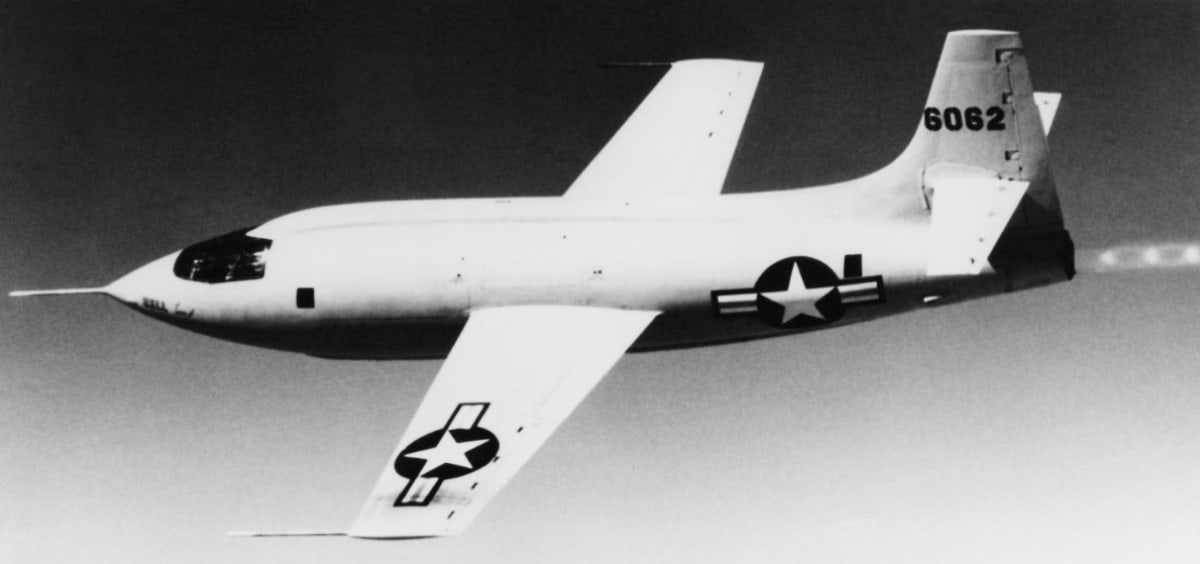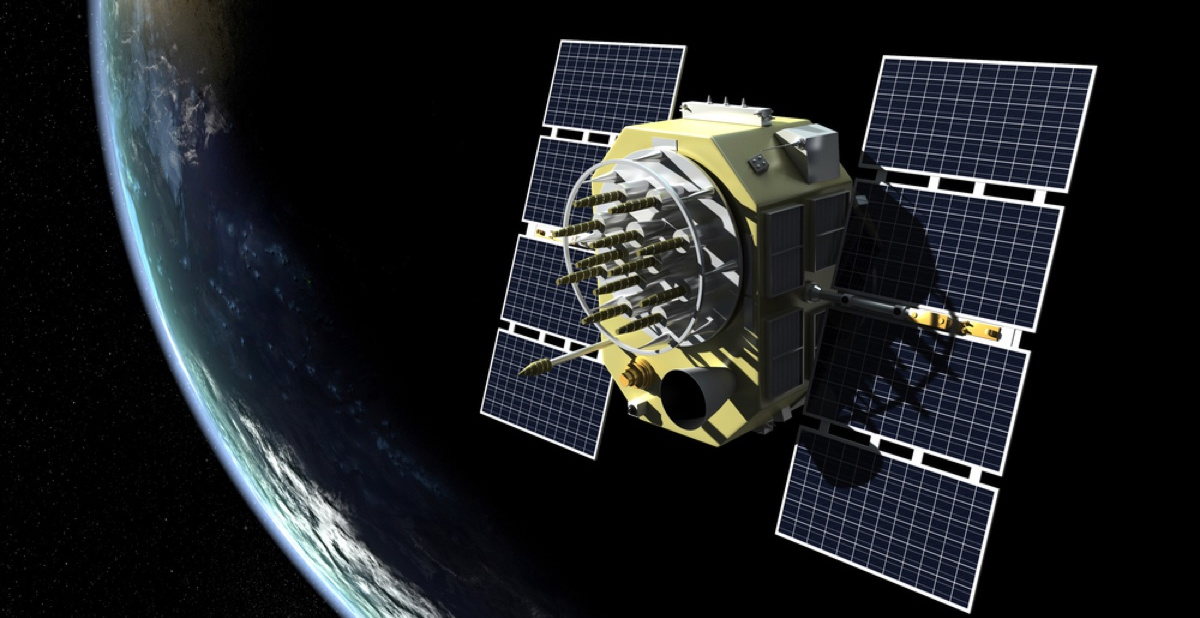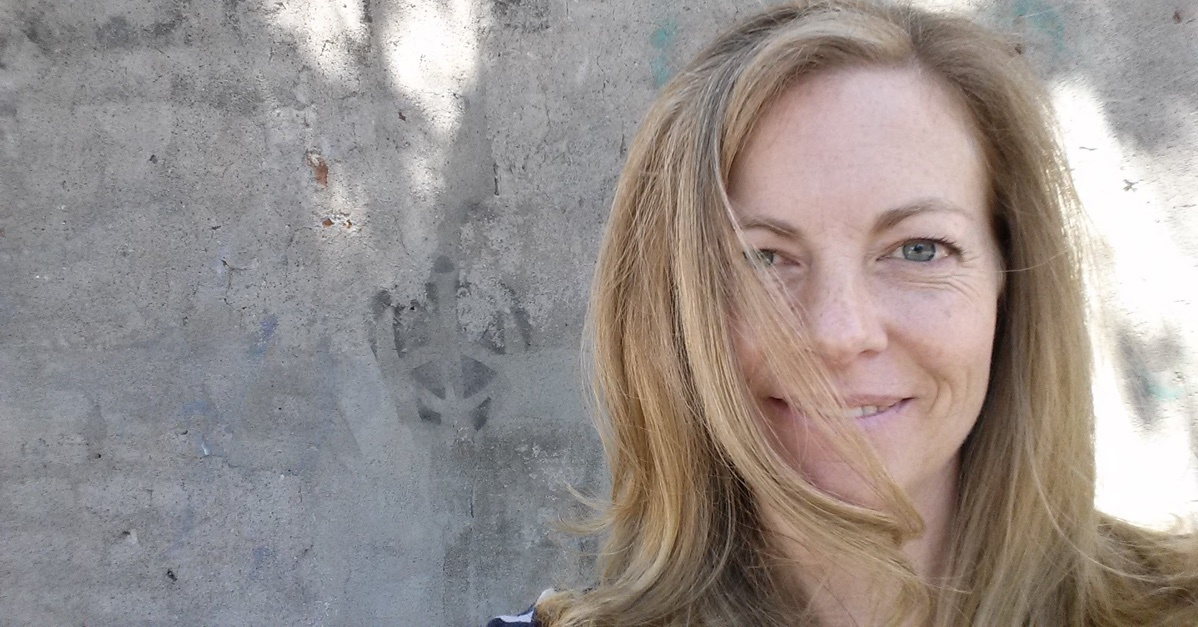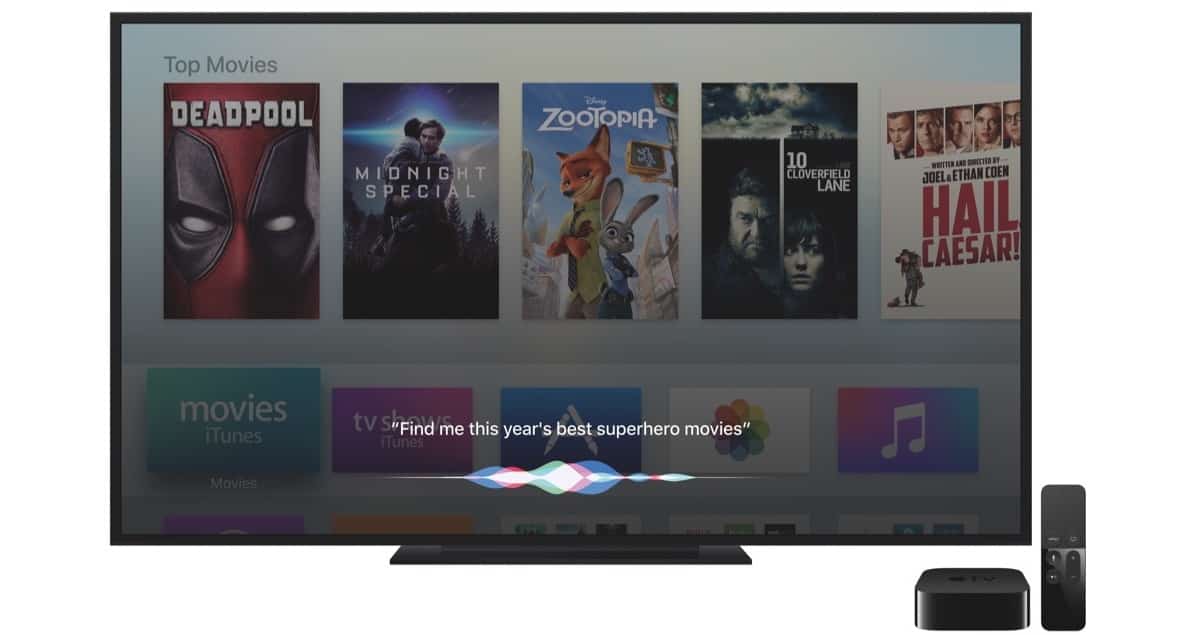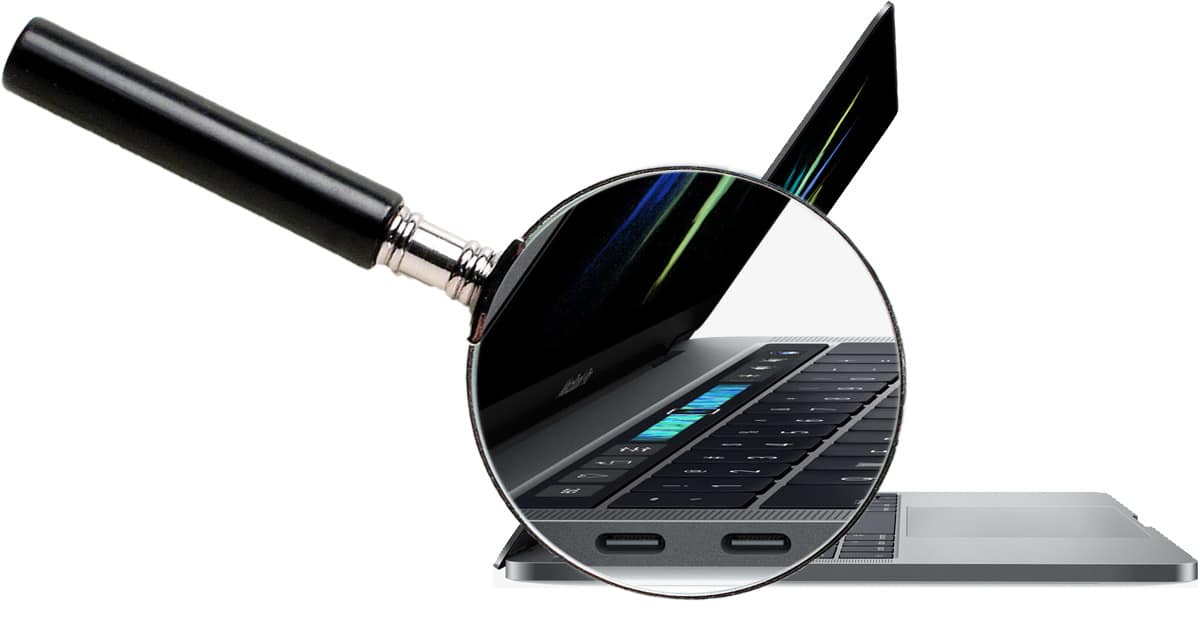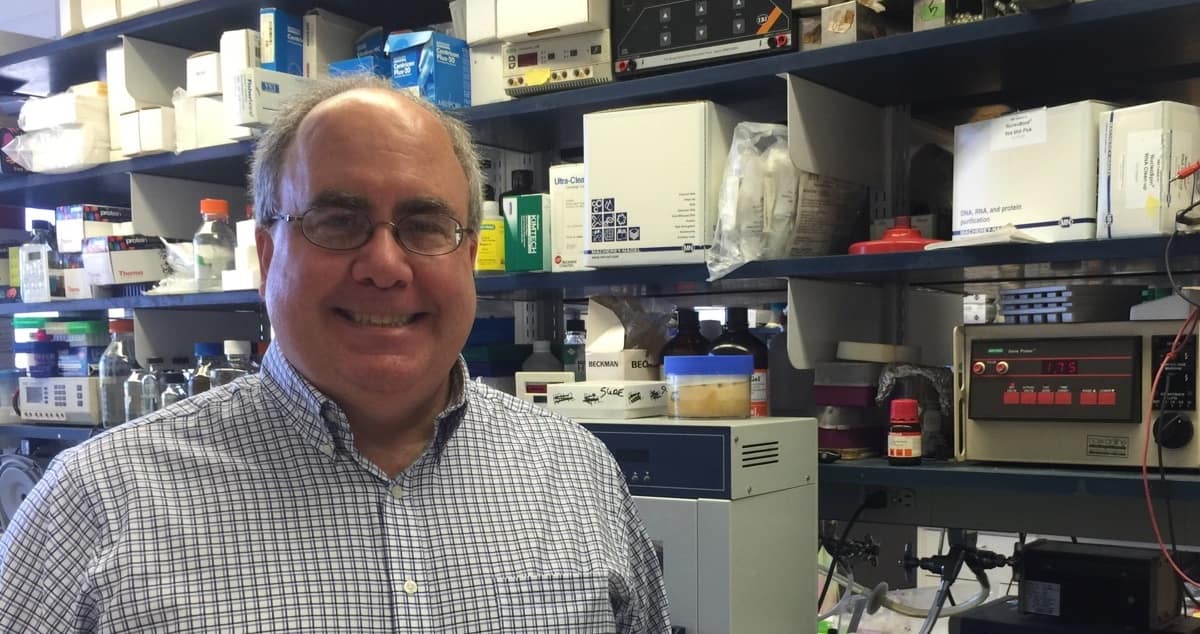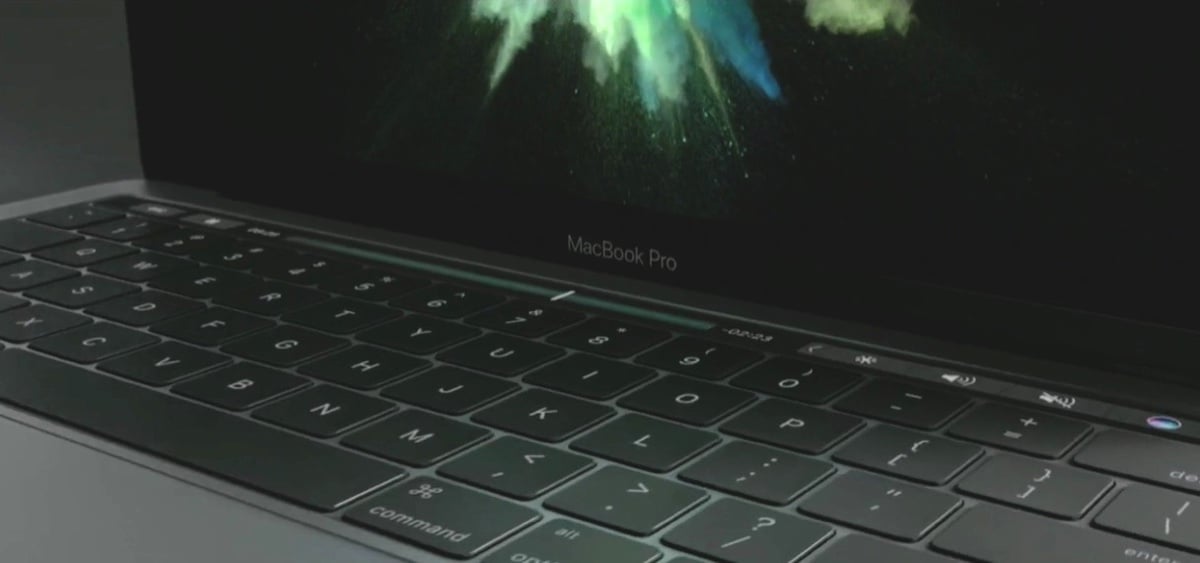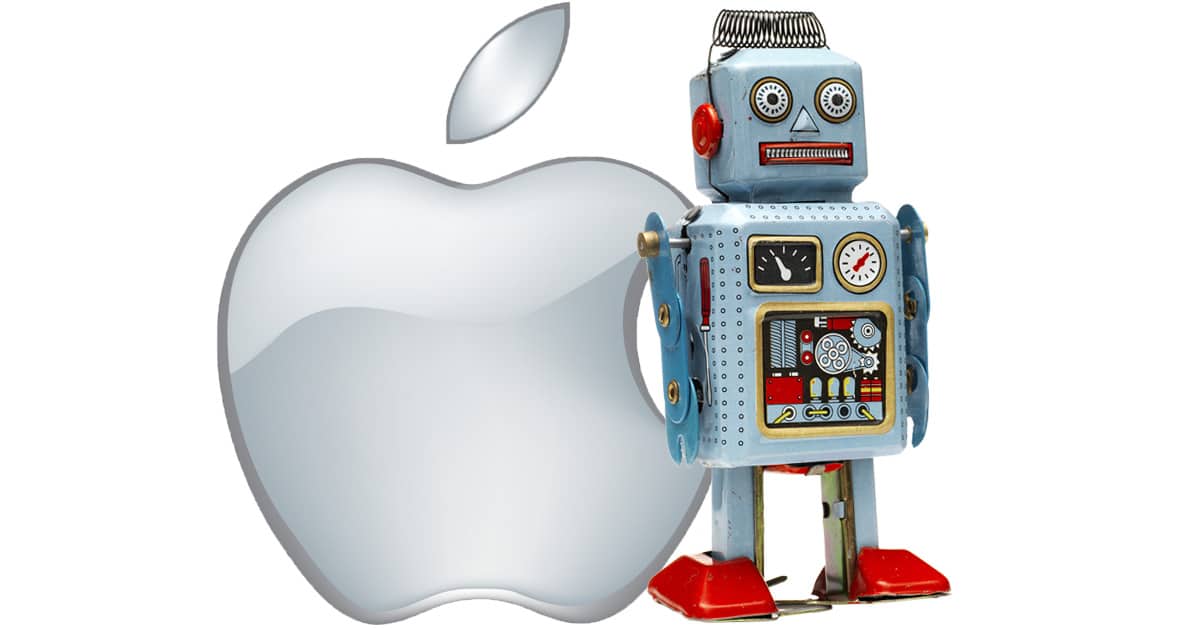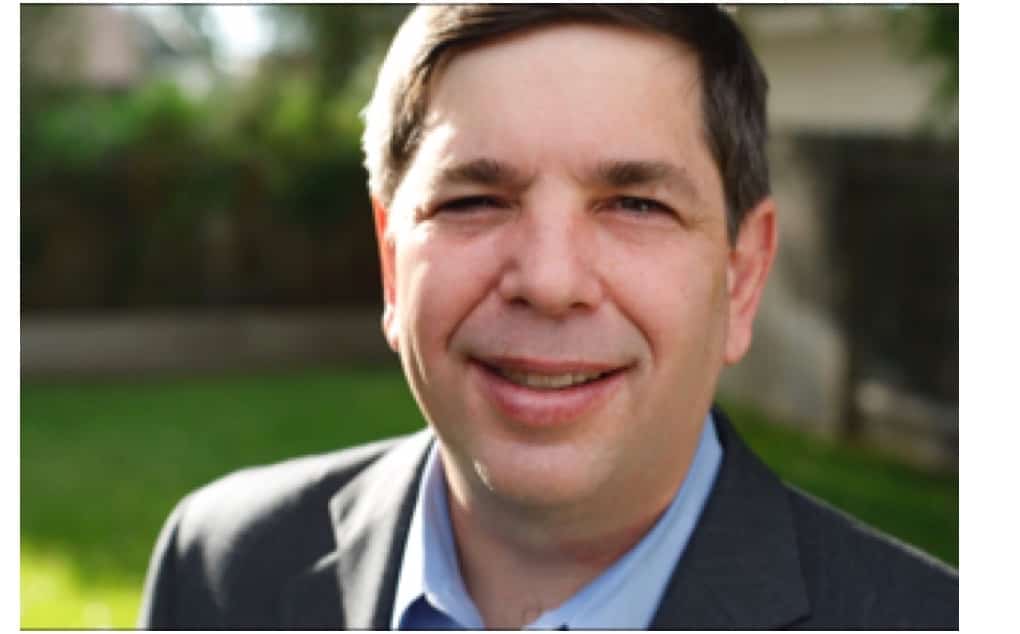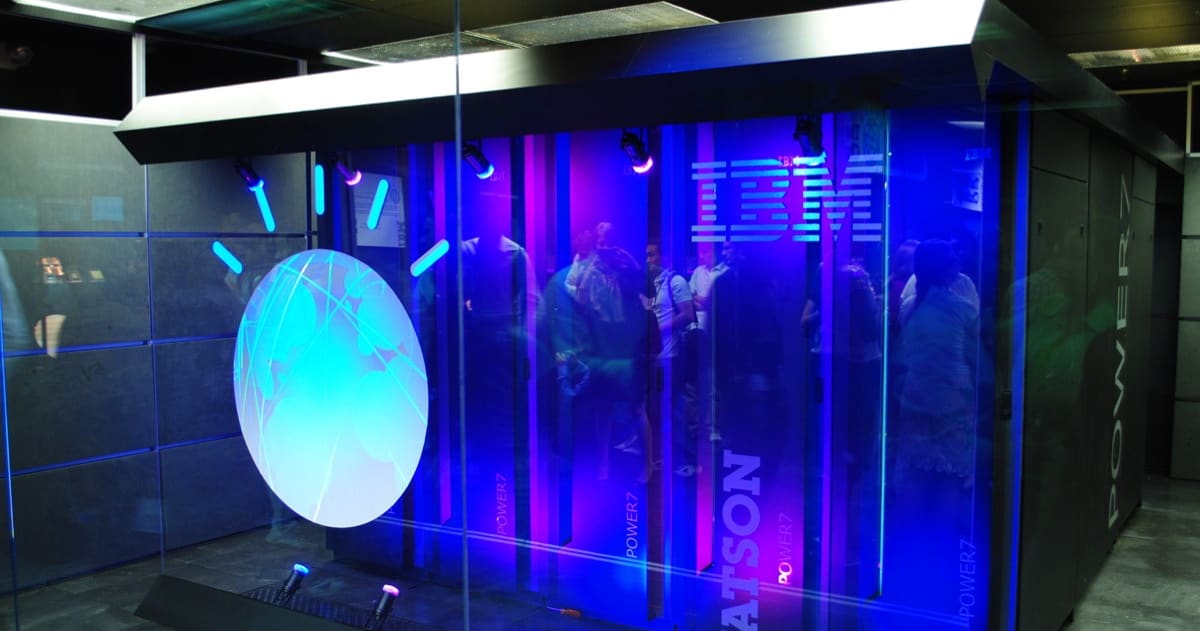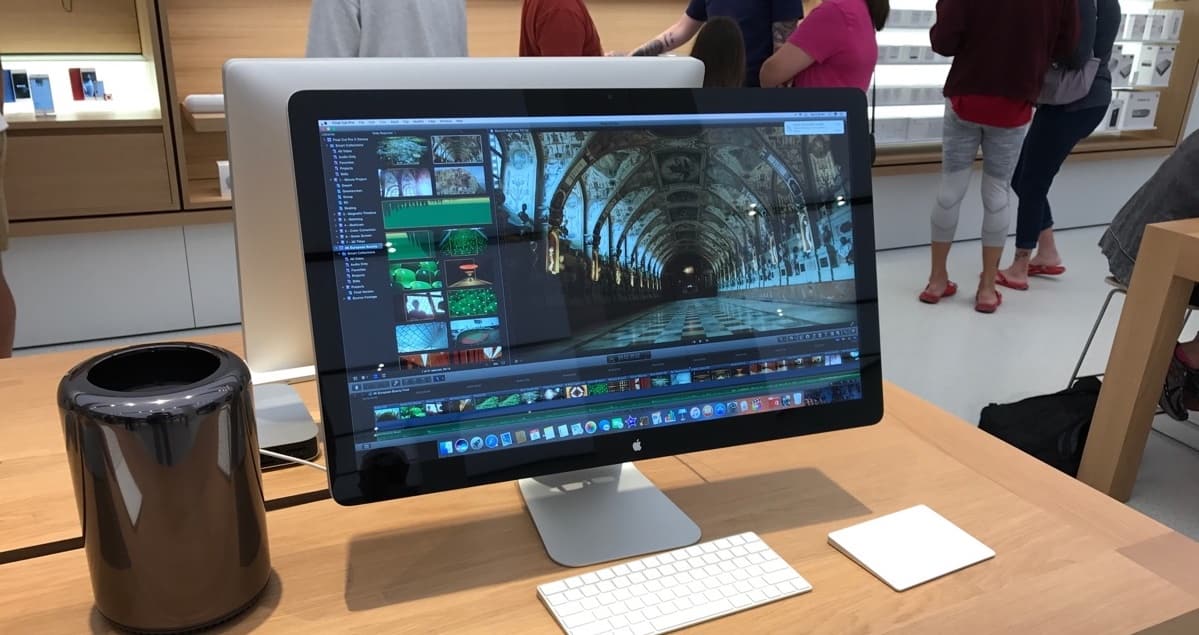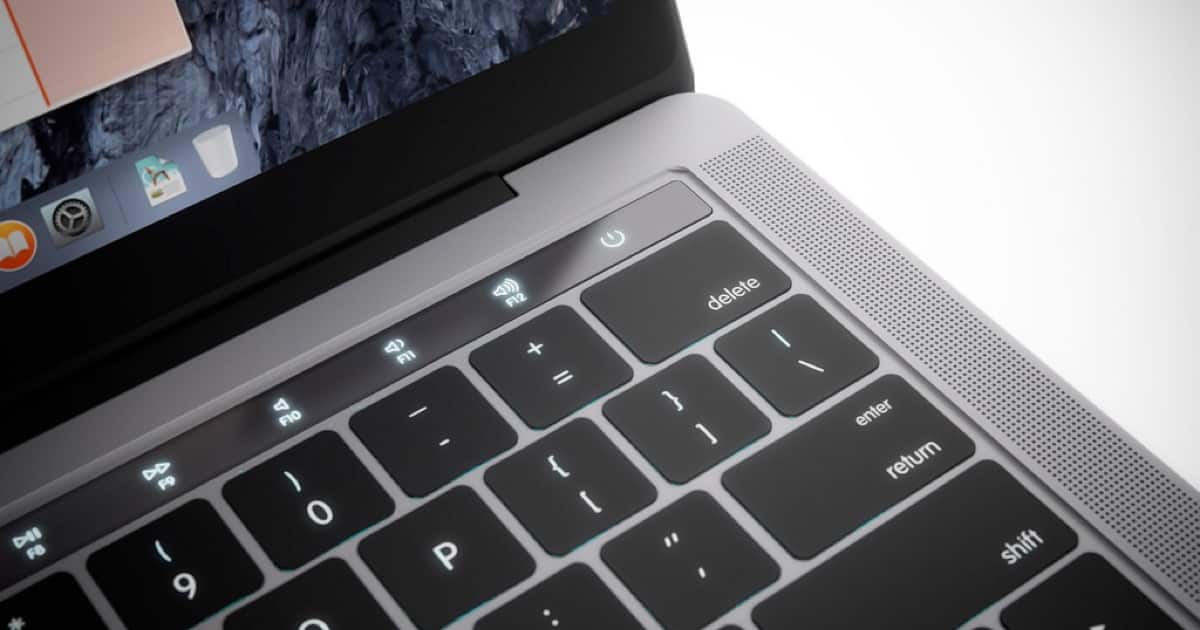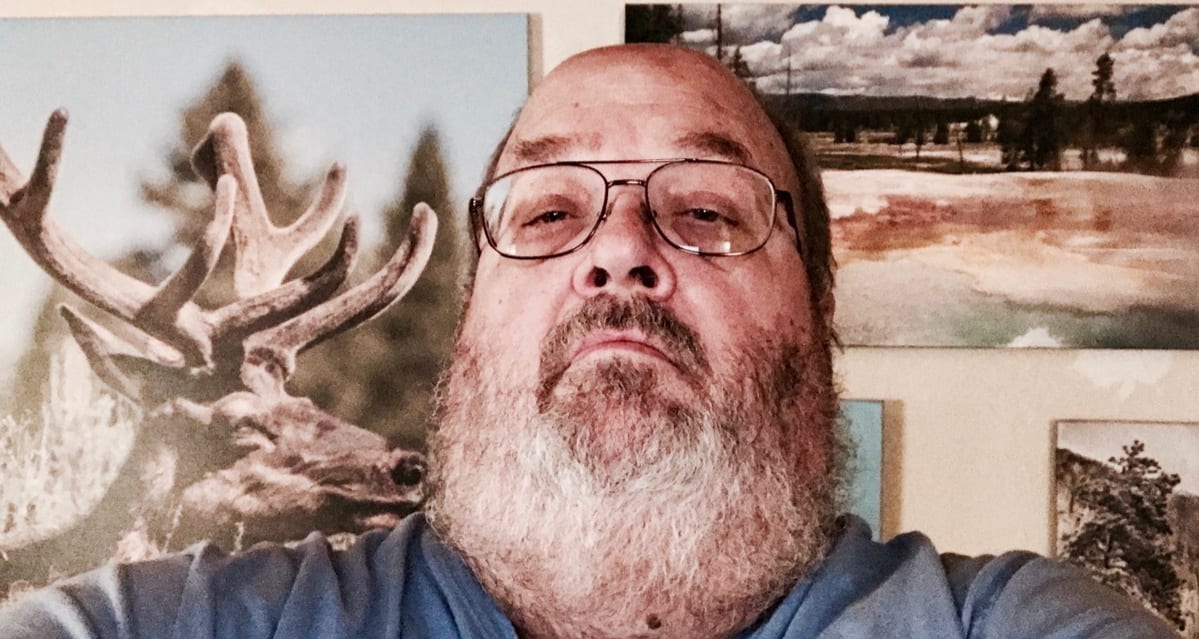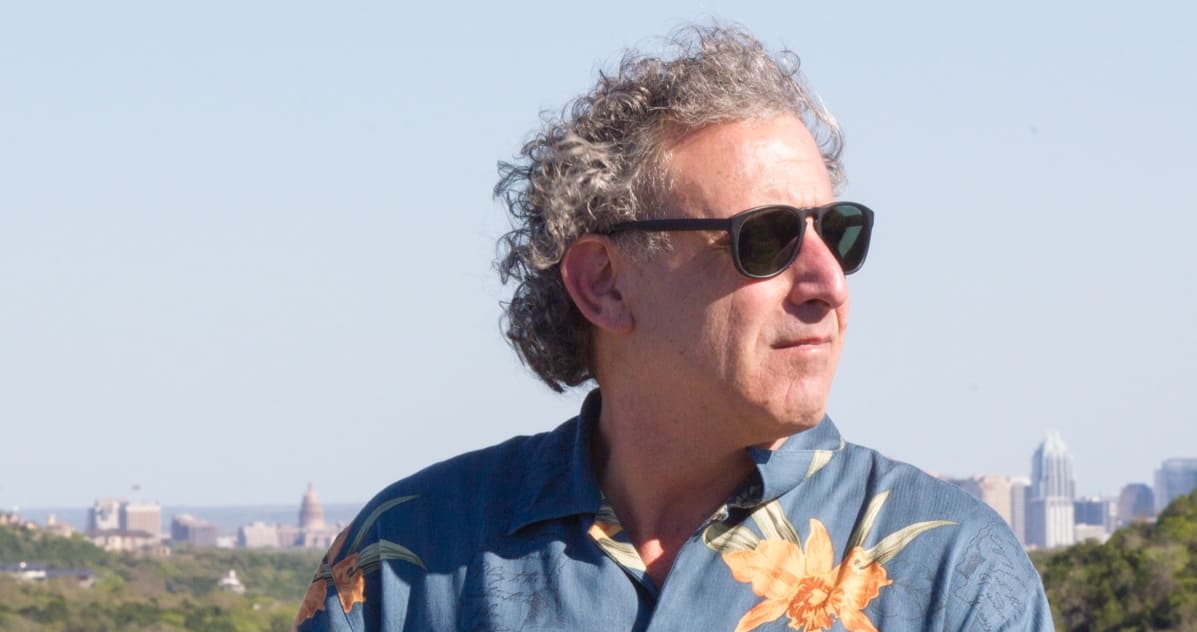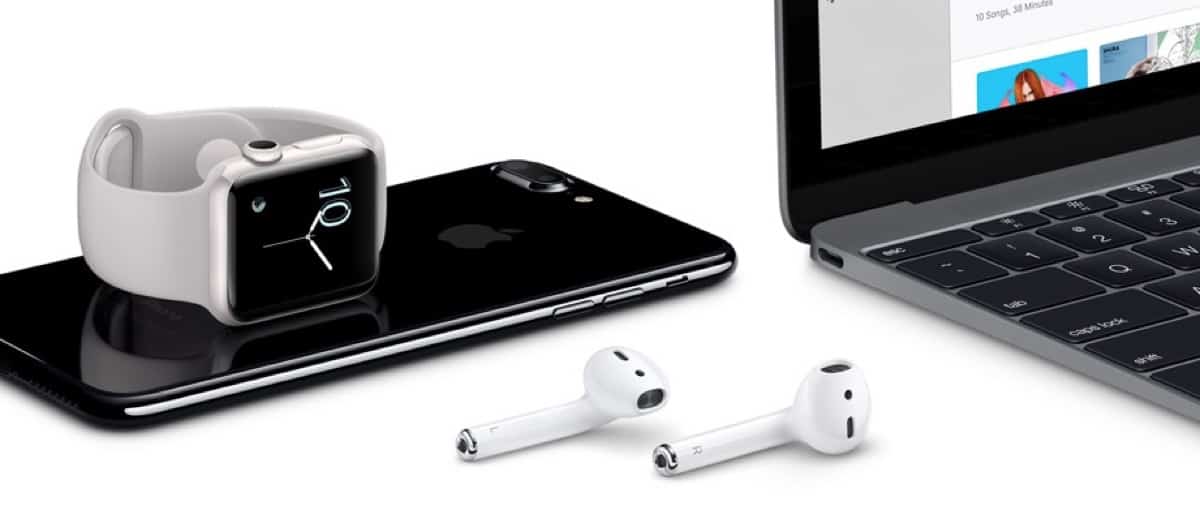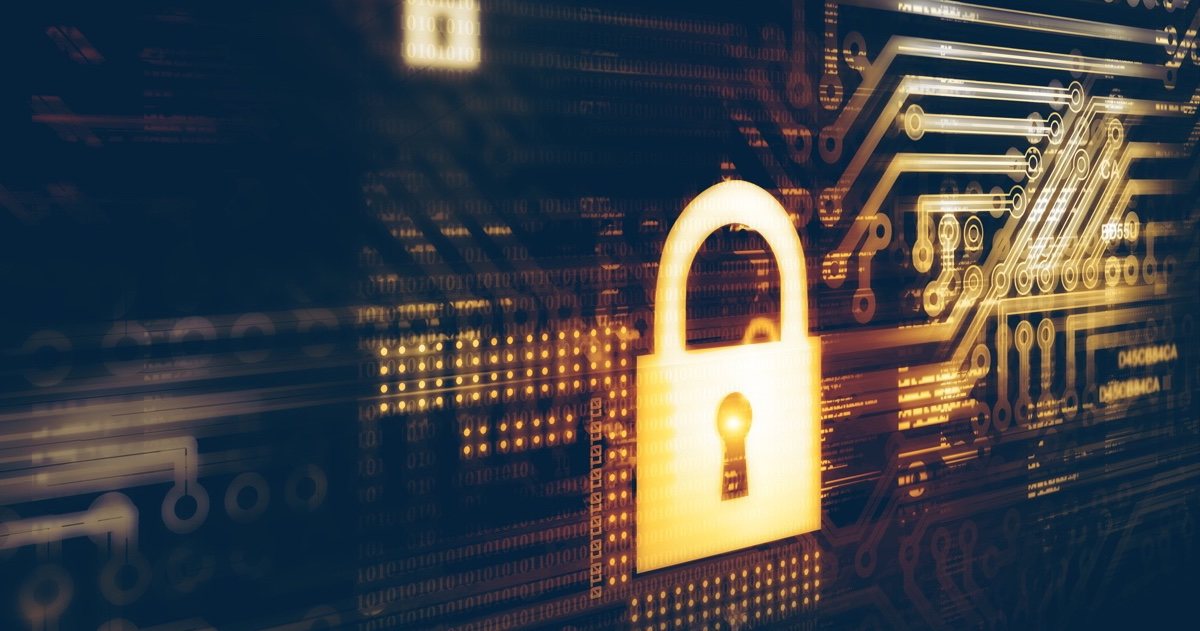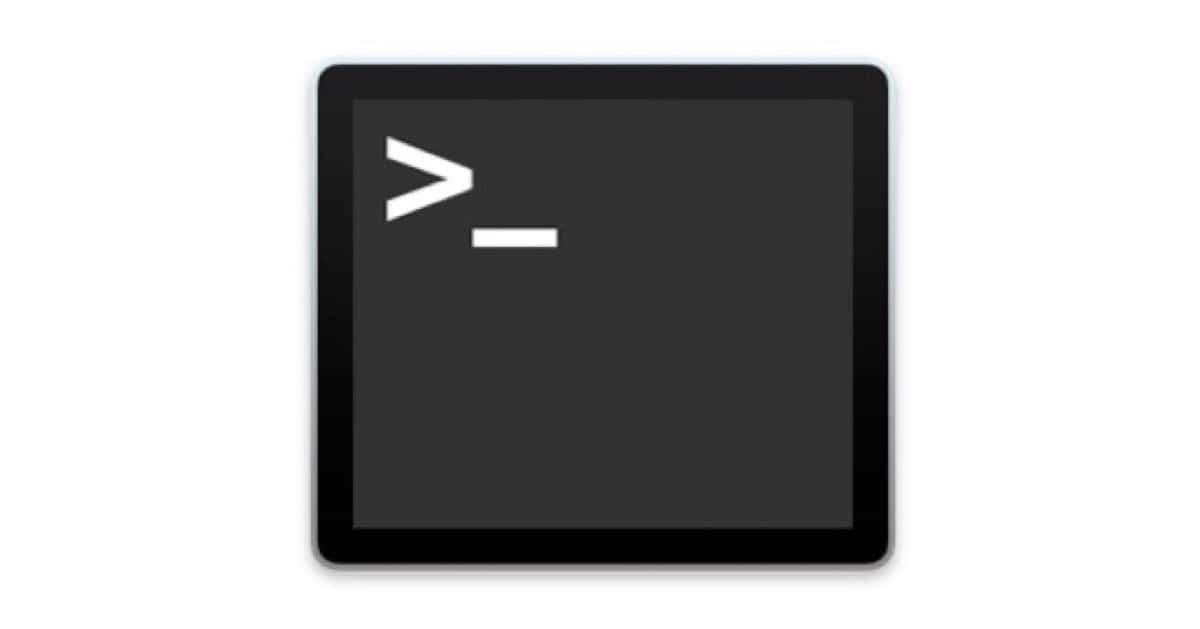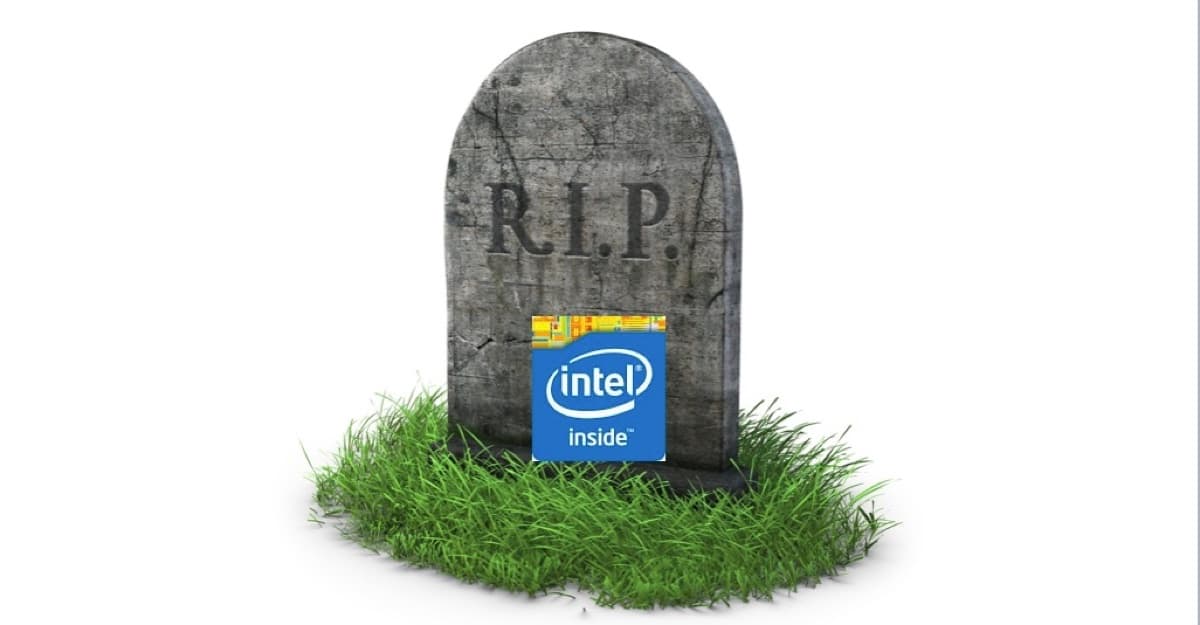Extraterrestrials arrive. They don’t appear hostile, but the DoD has no idea what they want or how to communicate with them. That’s the premise behind the intelligent, highly praised movie Arrival. Amy Adams plays an expert linguist who’s called upon to assist with communication with the visitors. In this interview, Dr. Kiki Sanford (who was recently on TMO’s Background Mode), chats with the actual linguist/consultant to the movie, Dr. Jessica Coon, an associate professor in the Department of Linguistics at McGill University. You’ll want to see the movie, and this interview sets the stage.
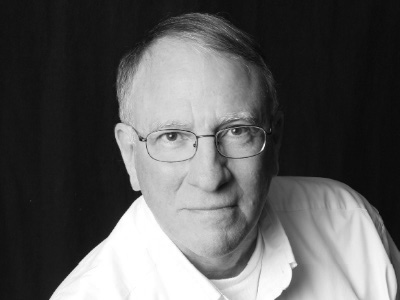
John Martellaro
John Martellaro was born at an early age and began writing about computers soon after that. With degrees in astrophysics (B.S.) and physics (M.S.), he has worked for NASA, White Sands Missile Range, Lockheed Martin Astronautics, the Oak Ridge National Laboratory and Apple. At Apple he worked as a Senior Marketing Manager, a Federal Account Executive and a High Performance Computing manager. His interests include chess, science fiction and astronomy. John is the host of the TMO podcast Background Mode.
Articles by John Martellaro
The Story of Breaking the Sound Barrier, First Time
Until October 14, 1947, no human had piloted an aircraft faster than the speed of sound in level flight. At the time, some believed that it was a true barrier, hence the name, making it technically impossible. Others thought it might be possible, but aerodynamic forces would quickly break up the aircraft. And then, Chuck Yeager proved them wrong in the rocket propelled Bell X-1 on that glorious October day. (Jet engines were not yet powerful enough.) We learned a lot about supersonic flight in the coming years: the “area rule” concept, the advantages of a swept wing, and the all-flying tail. Here’s a very cool story of how it all happened by Popular Mechanics, a reprint from a 40th anniversary article. (Image credit: NASA)
iOS 10: Airplane Mode Doesn't Turn Off All Radios (GPS, NFC)
With iOS 8.2 and earlier, Airplane mode in iOS would turn off all four radios in an iPhone: Bluetooth, Cellular, GPS and Wi-Fi. Starting in iOS 8.3, that changed with GPS. Plus, starting with iPhone 6, NFC is not disabled either.
Alyssa Carson, 15, is Ready To Go To Mars
Are you ready to go to Mars? Alyssa Carson, 15, is, She’s just the right age, born into the Mars generation. She’s completely focused and has already started training for the mission. She’s been to every NASA Space Camp, obtained her scuba diving license, is taking college college level courses in high school, and speaks four languages. This video introduces us to a young woman with so much drive and talent, she’ll probably be the first human being to walk on the Red Planet.
TMO Background Mode: Interview with Science Communicator Dr. Kiki Sanford
Dr. Kiki Sanford is a neurophysiologist with a Ph.D from U.C. Davis. She’s a popular science communicator and creator of This Week in Science podcast and radio show. She grew up in the country, and that ignited her interest in wildlife preservation. Early in her career, she obtained her B.S. degree in conservation biology, a field that covers animals, their environment and how humans impact them. Finding post-doctoral research unappealing, she shifted to her current role as a brilliant science communicator. We chatted about her prior research into the brains of small birds, how they store memories, and how they navigate during migration. We also delved into neuro-gaming as well as the perils of being exposed to sophisticated AI agents. After hearing this show, you’ll want to become a scientist too!
Apple's Hit and Miss Affair with TV
It almost seems that time has passed Apple by. Back in 2012, the 3rd gen Apple TV with 1080p support was a decent little set-top box. Since then, the TV industry has raced forward. Content providers have developed new delivery modes and strategies, and the broadcast and display technologies have advanced as well. Apple, however, seems to have frittered its time away and failed to advance its vision and its hardware. In fact, Yoni Heisler at BGR makes the case that Apple has no idea what it’s doing. The discussion is on Apple’s Hit and Miss Affair with TV.
The Secret Future for Apple's Touch Bar
Apple’s revolutionary Touch Bar on the new, 2016 MacBook Pros required a lot of engineering development. It uses an ARM sub-processor and a variation of watchOS. But most importantly, it forms the basis for a new system architecture, according to Apple SVP Phil Schiller. It could create things heretofore not even envisioned. Particle Debris page 2 points to an exclusive C|NET interview with Mr. Schiller who explains why it took four years to develop.
TMO Background Mode: Interview with Serial Entrepreneur Mark Fuccio
Mark Fuccio has had a distinguished career in tech. He started with an B.S. in Electrical Engineering from M.I.T. After graduation, he joined Philips Labs in Briarcliff, NY. He’s been a marketing manager at Silicon Graphics, Inc. and a senior director at Drobo, Inc. for Products and Markets. We chatted about the evolution of Unix workstations, the early days of Unix GUIs, how CPU and GPU technology advanced, how Apple moved to (BSD) Unix and Intel and turned the tables on the workstation industry (along with Microsoft). We also chatted about the philosophy of marketing as well as technical issues related to storage—and how Drobo solved those problems. Mark tells the story about a career in which he followed his vision, worked with startups, and created his own path to this day. Geekfest!
Apple's 'Hello Again' Event Wasn't About the Mac After All
During Apple’s “Hello Again” event, Apple spent an hour and 25 minutes talking about several cool things. The new MacBook Pros are very nice—but they were the only major Mac announcement. In contrast, the event tagline suggested that Apple would say something important about the “Mac” as a product. Instead, the vacuum persisted and Apple elected to take a stand, instead. on how it sees the MacBook Pro catering to the pro market with the Touch Bar.
Tim Cook: Giving Up Privacy with Siri and AI is a False Choice
The best analyst questions during Apple’s Q4 2016 Financial Results came from Simona Jankowski with Goldman Sachs. She asked Tim Cook about his perspective on home vs. mobile artificial intelligence agents and then the issue of privacy. Tim Cook took a solid stand on both questions that reveal the future direction of Apple.
TMO Background Mode: Interview with Author and Podcaster David Sparks
David Sparks is a business attorney, Macworld author, podcaster and all around Apple product expert. He’s one of those people who started on one path—an aerospace engineering student—then changed gears to become a law student at Pepperdine University. David tells the story of his law school years and how people often think of law school as more onerous than it really is. His original plan was to be a prosecutor, but then he found that business law for small companies was much more satisfying. We chatted about his interest in all things Mac and the dawn of his Mac Power Users podcast with Katie Floyd in 2009. Today, David is a popular speaker and a fixture in the Mac Community with 346 podcasts and several books. Come take a career journey with me and David.
Apple and IBM Partnership: Macs, iOS and Watson Are The Glue
IBM and Apple have been partnering with each other for some time now. The action continues with Macs finding great favor within IBM. Also, education initiatives continue. Finally, IBM’s Watson has to be giving Apple some big ideas. This has the signs of becoming one of the most productive partnerships ever, amongst former rivals, in the tech industry.
Apple Will Likely Let the 2013 Mac Pro Quietly Die
There was a time when Apple was into powerful headless Macs for technical professionals. Those who wanted their own multiple displays and great expandability. Lately, Apple seems to have lost interest in that market and focussed on mobility. There is a smattering of hopeful signs, but John Martellaro thinks the Mac Pro is headed for the annals of Apple history.
The Apple and Intel Affair. An Excedrin Headache
History will probably record that the delay in Apple’s 2016 MacBook Pro/Air involved the development of some new Apple technologies getting out of sync with Intel’s CPU/GPU roadmap. First, we know that Apple elected to skip a CPU generation, waiting for Skylake with Thunderbolt 3 support. Recently, a leaked Intel roadmap and some analysis of the integrated GPU cycle explains why Apple may have to wait again until 2018 for it’s next major refresh. Particle Debris page 2 explores Apple’s Intel headache.
TMO Background Mode: Interview with Developer Community Manager Chuq Von Rospach
Chuq Von Rospach worked for Apple for nearly 20 years, starting in 1989. In the mid-1980s, he landed first at Sun Microsystems and worked on the launch of early Sun workstations. Thanks to that work, and his boss going over to Apple, Chuq followed. At Apple, they developed Apple’s first paid technical support organization for Apple’s A/UX (Unix) system for the Motorola 68K Macs. Chuq has great stories to tell about Apple’s ill-fated but legendary Network Server, Mac executive Jean-Louis Gassée, the disastrous Apple CEO Michael Spindler, the failed attempt to sell Apple to Sun in 1996, the acquisition of NeXT and return of Steve Jobs. You want Apple stories? Chuq has ’em!
3 Mostly Transparent Cases for the iPhone 7/Plus
The color choices for the iPhone 7/Plus are better than ever. A good case can protect that iPhone without covering up those amazing colors. John looks at three cases that are mostly transparent and provide a range of protection.
Technical Professionals Are Hanging on, Hoping For The Best from Apple
Soon, we think, there will be fall Apple event that launches new Macs. The nature of this event and the kinds of Macs that Apple updates and those that are left to quietly die will tell us a lot about where Apple is heading with technical professionals. Many of those former Apple customers have already switched to Linux. Those who remain are dismayed and are not very hopeful. Some readers weigh in.
TMO Background Mode: Interview with Writer and Raconteur Bob 'Dr. Mac' LeVitus
Bob “Dr. Mac” LeVitus is a writer, book author and raconteur. He writes for the Houston Chronicle and The Mac Observer, and he specializes in the “Dummies” books about Apple products like the Mac, the iPad and iPhone. But Bob wasn’t always a writer. Early on, he wanted to work in a recording studio and it just so happened, in high school, he had a good friend, Jermaine Jackson. That resulted in Bob touring with the Jackson 5. Later, he became a roadie with Shaun Cassidy. (Bob tells a secret.) Bob’s also worked in advertising, a story in itself, and also as the official evangelist for Power Computing in the 1990s. Speaking of Apple, he said “We were their worst nightmare.” Does Bob know how to tell stories? Oh, yes.
Apple AirPods: a Strategy of Ambience and Scarcity
UBS financial analyst Steve Milunovich has presented an interesting theory about Apple’s Ambient strategy: “…different input/output methods that can be flexibly utilized depending on the situation (sitting, walking, running, driving). Collectively these devices offer the capability of earlier products … delivered as a seamless user experience.” In addition, the notion of created and evolving scarcity punctuates the Apple strategy. Apple AirPods: a Strategy of Ambience and Scarcity explains it.
The Most Important Reason to Upgrade to macOS Sierra: Security
When Apple launches a new version of one of its OSes, say, macOS Sierra, the first thing users think about is the features. If they’re a bit more methodical, they’ll look at their mission critical apps and monitor for updates from those developers. But, above all, a decision to not upgrade (or do it soon) must be balanced against the security updates folded into the new version. John explains.
Get Detailed CPU Info From Mac's Command Line
It’s easy to get hardware information about your Mac from “About This Mac.” But the command line data can provide some extra tidbits that the GUI leaves out. John shows you how to reveal detail of your CPU from the Terminal app.
TMO Background Mode: Interview with Allegis Capital Partner Jean-Louis Gassée
Jean-Louis Gassée is currently a V.C. partner with Allegis Capital. He’s best known, however, for taking over the Macintosh division in 1985, his startup of Be Inc. and his highly respected Monday Note, a technical commentary. Jean-Louis tells the story about how, as a precocious youth in Paris he built crystal AM radios and vacuum tubes. Later, after some “interesting jobs,” he joined Hewlett-Packard (France) in 1968 to launch HP’s first desktop computer, the 9100A. Jean-Louis’s success as an electronics geek eventually led to a job at Data General then the lead executive job for Apple France. Jean-Louis then came to the U.S., and his time in Cupertino is legendary. Join me as this computer pioneer chats about Apple and Macs, past and present.
The New Apple Echo Chamber Arriving Soon
Mark Gurman at Bloomberg is reporting that Apple is working on a smart home device, similar to the Amazon Echo, using the Siri voice assistant. Apple doesn’t have a vast product inventory to leverage from like Amazon, and other kinds of assistance depend on considerable, often creepy, personal information. So home automation seems to be Apple’s angle. Will that approach work? Page 2 of Friday’s Particle Debris explores.
Evidence is Mounting: Apple Will Convert the Macs to ARM CPUs
The time since most of the Macs have been updated can now be described as geologic. Is that because Apple doesn’t care about the Macs? Or, more likely, could we be in for another major architectural change? Evidence is mounting that Apple will abandon Intel and take the Mac lineup to ARM. John looks at the evidence and makes the case.
